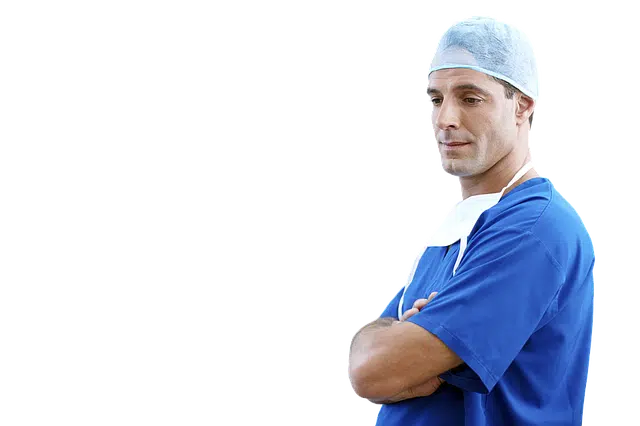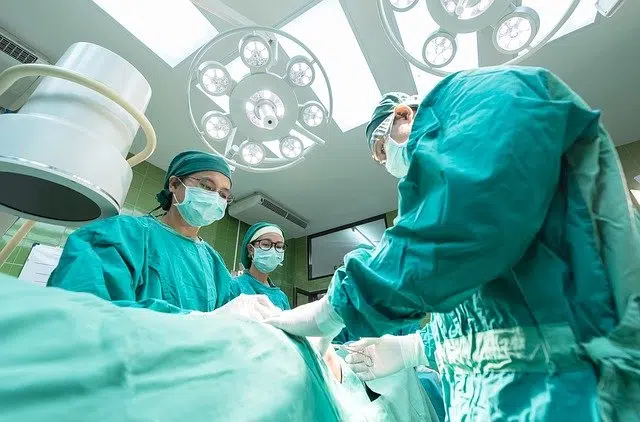
When a doctor acts negligently, without taking into account the technical criteria of his specialty, he incurs malpractice.
Praxis is the opposite of theory. It is, therefore, about practice (action). The concept of malpractice , in this framework, refers to negative or inefficient actions .
The idea of malpractice is used regarding the responsibility that a professional has when he or she acts negligently. If a doctor , a lawyer or an accountant does not proceed according to the technical criteria of their area, they incur malpractice.
Medical malpractice
The notion generally appears in the field of medicine . Medical malpractice arises when, whether by omission or action, the doctor makes a mistake in manipulating his patient's body or in prescribing drugs. This conduct implies negligence , recklessness or incompetence on the part of the specialist.
It is often said that medical malpractice causes harm rather than cure or relief. This damage is caused by the doctor by performing an inappropriate act and not complying with the standards, norms and parameters that govern his profession.

Malpractice can cost the patient their life.
An example
Suppose a person goes to a hospital to undergo a scheduled surgical procedure. Minimally invasive surgery has a low risk. However, a few days after the operation, the patient died.
After the complaint of his relatives and the development of an investigation, it is discovered that the death was due to certain injuries produced during the intervention that were not noticed or treated in the operating room or in the postoperative period. In this situation, the medical team involved is judged for malpractice .
The malpractice suffered by Julie Andrews
One of the most devastating malpractice cases in recent decades was that of Julie Andrews . In 1997, the acclaimed British actress and singer underwent routine surgery to have benign nodules removed from her vocal cords. The surgeon who treated her had assured her that there was no risk, since it was a common operation with a quick recovery. However, her malpractice cost Julie her most precious treasure: her voice.
Until that moment, the artist believed that her voice was everything, that it was what identified her; but after her traumatic episode in the operating room she was forced to rediscover her own identity. Thanks to the help of his daughter, Emma Walton Hamilton , he leaned on writing and thus found "a new voice."
Between medicine and nature
After malpractice that significantly affects an important aspect of the patient, cases of clinical depression are not uncommon, especially if the damage is irreversible. Of course, these stories spark an endless debate that revolves around the need for medicine in our lives.
Why is it that animals can accept illness and death, but we defy them at any cost? Neither surgery, nor the administration of drugs, nor dermatological treatments are natural, and therefore we cannot expect that they will always solve our health problems as if it were a higher law that protects us. There is no such law, because we are all exposed to pain, loss and death itself.
It is important to note that malpractice is usually not intentional; Although there are criminal cases, they are generally errors , no matter how serious their consequences may be. When we agree to undergo a surgical operation we must consider this possibility. The natural path would be much simpler, although we are unable to accept it: let the diseases take their course and accept the arrival of our death as part of our biological cycle.
